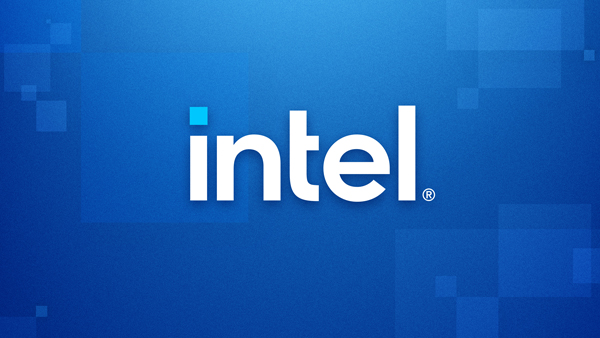Aligning Sustainability Efforts Across the Semiconductor Value Chain

Sustainability Summit 2024
More than 140 organizations participated in the inaugural Intel Sustainability Summit to reduce the industry’s environmental footprint and work toward a future of more sustainable computing.
The world runs on semiconductors. To meet the growing demand expected to continue for years to come, Intel Foundry is investing heavily in technology innovation and capacity expansion, enabling a resilient, trusted and more sustainable supply chain for our customers around the world. When it comes to sustainability, the semiconductor industry has made good progress, but more needs to be done to achieve our collective climate goals by 2050. The push for global emission reduction and the research for green chemistry are at pivotal points, demanding more collaboration and standardized practices across the semiconductor value chain to reach a net-zero greenhouse gas (GHG) future.
Last week, Intel, Siemens, Cisco and other sponsors, including Micron, Accenture and Air Liquide, convened more than 140 organizations — corporations, academia, government, nongovernmental organizations (NGOs), consortia and others — for the inaugural global Intel Sustainability Summit. The aim was to unite efforts to reduce our environmental impact, including transitioning to sustainable chemistries, standardizing carbon footprint methodologies and developing complementary net-zero roadmaps. The participating organizations represented more than 7 million employees globally and $3.2 trillion in annual revenue, underscoring the value chain's potential impact. Based on public reporting, about 40% of companies represented have made net-zero commitments, but only 15% have published climate transition action plans. Reaching net-zero emissions requires every company in the value chain to participate. Working together, the participants charted plans to move the industry forward, with 90% of on-site survey respondents committing to develop an industrywide net-zero roadmap by 2025.
As the saying goes, “If you can’t measure it, you can’t improve it.” Improving data transparency and measurement consistency is key to tracking progress. To drive further alignment across the value chain for Scope 1, 2 and 3 emissions, Intel supports the Product Attribute to Impact Algorithm (PAIA) — a collaboration of 18 companies, including Intel — which aims to streamline product carbon footprint methodologies and calculations. Intel also supports industry efforts to advance public reporting of greenhouse gas emissions in alignment with the GHG protocol through the CDP organization. This includes aligning to the Semiconductor Climate Consortium’s Scope 3 Category 1 greenhouse gas guidance to characterize upstream emissions. Further, Intel encouraged attendees to deepen action in collaborations like the Responsible Business Alliance, the Semiconductor Industry Association’s greenhouse gas working group, the Semiconductor Climate Consortium’s workstreams, the Energy Collaborative and Schneider Electric’s Catalyze program, an industry renewable energy accelerator. Sustainability is a team sport where collaboration on the game plan is essential, so we were encouraged that every company attending the Sustainability Summit was either engaged or showed interest in becoming engaged in one or more of these collaborations.
Last week’s announcement by the Biden administration to provide Intel up to $8.5 billion in direct funding under the U.S. CHIPS and Science Act, combined with Intel’s previously announced plans to invest more than $100 billion in the U.S. over five years, is a great demonstration of the collective power of the public and private sectors working together. With the overwhelming majority of consumers being concerned about the future of our planet1, Intel is committed to becoming the industry’s most sustainable foundry, and supporting others to become more sustainable. And with leadership comes responsibility. Finding viable alternatives to replace chemicals the industry has been using for the past 40 years is a significant undertaking, but crucial for reducing emissions and ensuring resilient sourcing. Although progress has been made, Intel urged the industry and our suppliers to accelerate the replacement of remaining perfluoroalkyl and polyfluoroalkyl substances (PFAS) by developing roadmaps, engaging in industry consortia and investing in research.
While bold goals like achieving 100% renewable electricity, net-positive water, no waste to landfills by 2030, and ambitious efforts to transition to PFAS alternatives and reach net-zero GHG emissions may seem audacious, we are off to a good start as an industry. I strongly believe that together we can meet our commitments and help protect the planet for future generations.
Keyvan Esfarjani is executive vice president, chief global operations officer and general manager of Foundry Manufacturing and Supply Chain at Intel Corporation.

